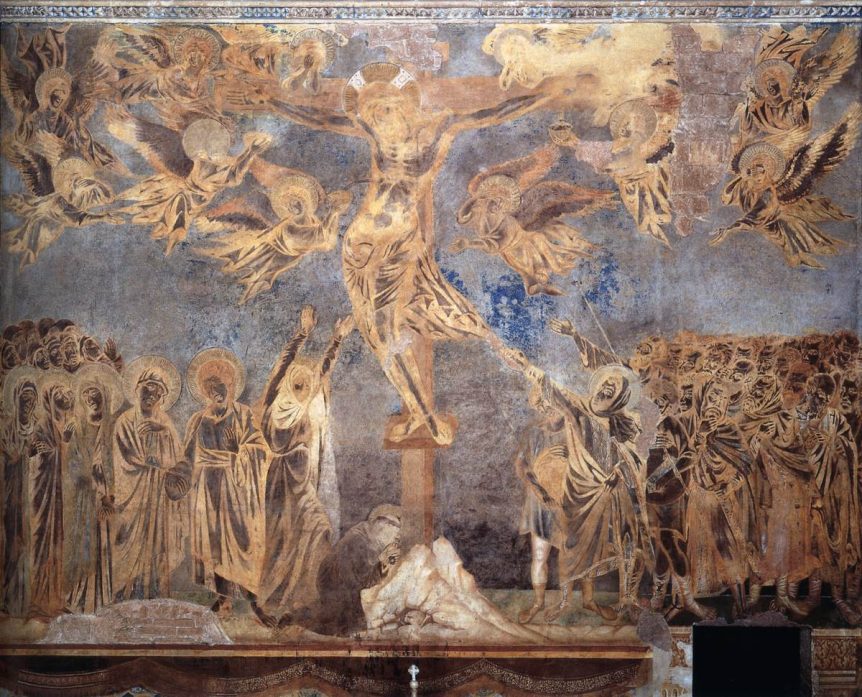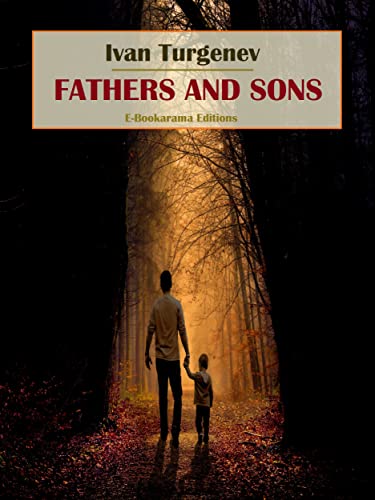We always ask artists what their earliest memories are regarding being drawn to the arts. What are yours?
The Mass for Pope Marcellus by Palestrina, the Renaissance composer. I was around 11 or 12 and I can still remember the impact and the emotional effect it had on me. I was an alter boy at the Long Tower Church in Derry, and we would hear all the Renaissance composers every Sunday at Mass. Palestrina’s Mass had such an effect on me that I would forget the things I was supposed to be doing and the priest would be looking at me wondering what was happening, but I was just lost in the music.
Did this lead to anything, like learning to play a musical instrument?
No, it didn’t. I was a very shy little boy. I had a terrible stammer, a terrible stutter, and I was put at the very back of the class and I just kept my head down. School was very painful for me, especially if the teachers asked me to read something. It was just awful. When it came time to go to secondary school, I was actually kept back a year because I was so bad at my academic work that all my friends went off to secondary school and I stayed at primary school.
Did you do anything at school like writing, or poetry?
I did have a very good imagination. I remember we had to write an essay on President Kennedy’s assassination. I wrote something in a very dramatic way and my teacher thought that was really good.
Did that encourage you?
No. You didn’t get any encouragement at school at all.
How did you overcome your difficulties?
I had a Road to Damascus moment after I left school. My friend, Jim Wray, who was killed on Bloody Sunday, and I went to a Christian Bookshop, APCK, it was the only bookshop in Shipquay Street. I picked a book out, a book about art and it had a beautiful crucifix in it. It was painted by Cimabue, the great artist who taught Giotto. The crucifix sparked something off in me; I thought it was truly beautiful. I was used to crucifixes because we had them in the house and in church, but this particular crucifix had the same effect on me as the music by Palestrina. Jim suggested I should find out all about the artist, that I should go back to the tech and study art.

Part of that process was Jim helping me overcome my stammer. He would sit with me in my bedroom, he would make sure I was relaxed and he would get me to read. If I started to stammer he would help me calm down, make me take a deep breath, he would tell me that this wasn’t school, that there was no-one else in the room, and that I should go back to reading. Jim helped me build my confidence. Eventually, I got three A levels and a scholarship to Trinity College, so I went from the Bogside to Trinity College.
Did you get any support at home?
There was too much going on. There was The Troubles, and my mum was very busy, she worked in the shirt factory. When I would sneak books into the house, my mum was always saying that instead of buying books I should be saving up money to get married, or saving up for a rainy day, things like that.
Instead, I went out and bought a record player and the first thing I bought was Palestrina’s Mass. I started collecting records and I bought the early Renaissance music, I loved all the choral music, and then I moved on to Wagner and Tchaikovsky.
I also started reading more serious works. I loved Turgenev’s Fathers and Sons and there was a character in that book, Bazarov, and he was very like Jim Wray. Unfortunately Jim was killed on Bloody Sunday as I said, and that was in January 1972. I went to Trinity in September 1972, so he never lived to see me get my A Levels, English, History and History of Art, and then go to Trinity College.

Do you start writing then?
No. I didn’t start writing until I was 60 years old, but I always loved the arts. I would go to Amateur Dramatics and see plays. Even during the worst of The Troubles there was always theatre to go to. There was a great playwright from Ballymoney, I can’t remember his name, but I would go to see his plays. Any opportunity I got I loved to go to the Theatre. I think the theatre is incredible.
The theatre is three dimensional, things can go wrong, there’s the lighting, the acting, there can be music, the immediacy. You can go and see a film and you tend to forget things, but the theatre leaves a lasting impression.
But what happens after Trinity?
I was impacted, as I have outlined, by music, literature, art and by the theatre. But there were very few opportunities to do something about that, especially living in Derry during The Troubles. When I finished Trinity eventually I went to London and while in the beginning it was very overwhelming, I had a few contacts there, one of them, Peter Bradley, was like a mentor to me, and I had access to the museums, to art, to music, to the theatre and to opera.

